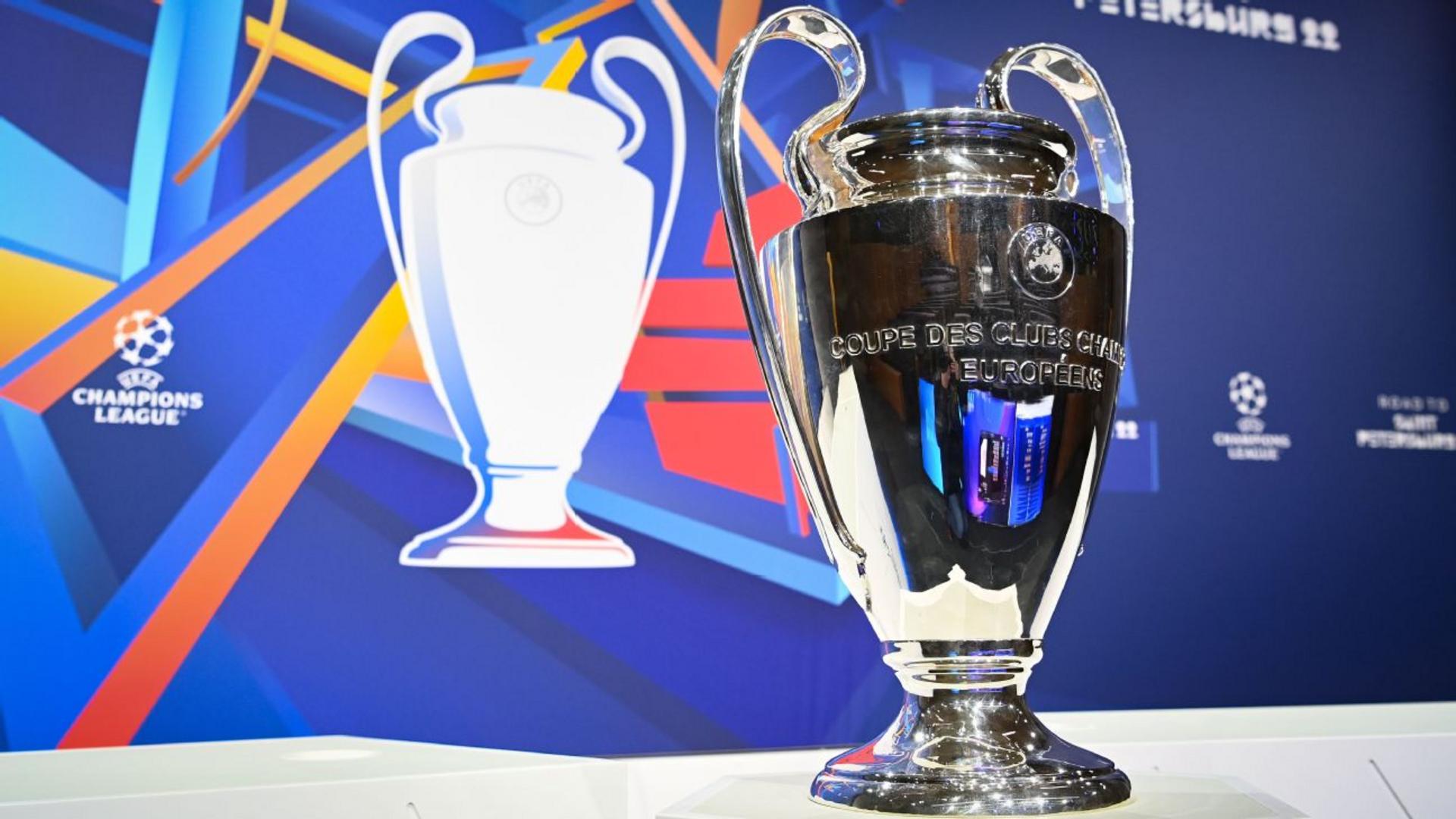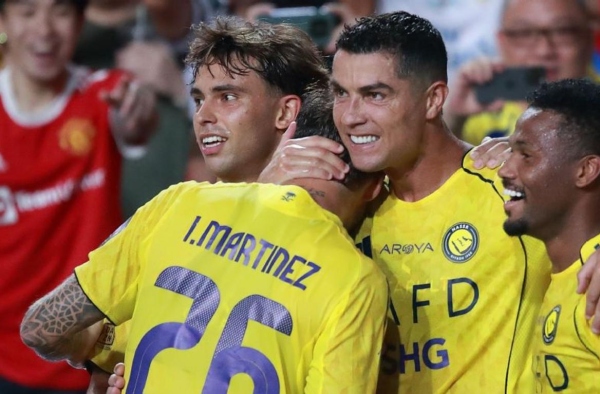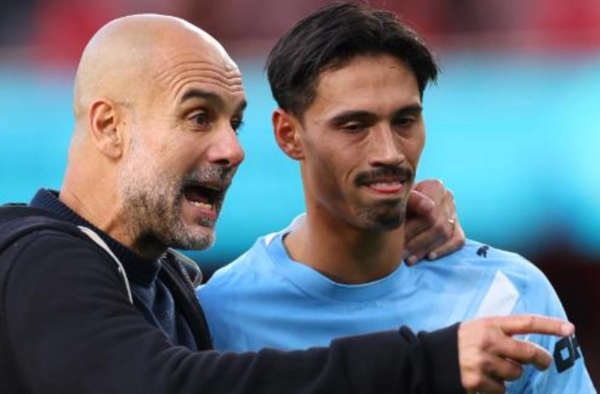UEFA Denies Changes to Champions League Amid Super League Talks
As discussions around the proposed European Super League continue to simmer, UEFA has firmly denied any plans to alter the format of the UEFA Champions League. This announcement comes amidst widespread speculation that UEFA might restructure its premier club competition in response to the ongoing Super League talks involving some of Europe’s top football clubs.
The UEFA Champions League is Europe’s most prestigious club tournament, featuring elite teams from across the continent competing for glory. Recently, several major clubs have been exploring the possibility of establishing a European Super League, a breakaway competition that would challenge the existing football hierarchy. This proposal has raised concerns within football’s governing bodies, prompting rumors that UEFA might modify the Champions League structure to maintain its stature and competitiveness.
UEFA’s Official Statement
UEFA executives have categorically denied intentions to change the format of the Champions League in the near future. According to UEFA, no discussions or decisions have been made regarding alterations to the competition’s structure. The governing body emphasized its commitment to the current format, which aims to ensure broad inclusivity and fair competition among Europe’s best clubs.
UEFA’s spokesperson stated, “There are no plans to change the Champions League format at this time. Our focus remains on delivering an exciting and equitable tournament for clubs and fans alike.” This firm stance aims to reassure the football community and stakeholders that the Champions League remains unaffected by external pressures from the proposed Super League.
Super League Proposal and Its Impact
The idea of a European Super League has sparked immense controversy. Several top-tier clubs have joined forces to create a league featuring a fixed group of founding members, guaranteeing them participation regardless of domestic league performance. Proponents argue that this would enhance revenues and deliver higher-profile matches more regularly. However, critics warn that it threatens the competitive meritocracy and traditions of European football.
UEFA has consistently opposed the Super League initiative, warning participating clubs of potential sanctions and exclusion from domestic and continental competitions. The governing body’s current firm refusal to alter the Champions League suggests it seeks to preserve the established system and discourage clubs from breaking away.
Reactions from Clubs and Fans
Fans and clubs have reacted to UEFA’s announcement with mixed feelings. Some supporters express relief that the Champions League remains stable and that football’s traditions are maintained. Many clubs not involved in the Super League talks welcome UEFA’s stance as an effort to uphold fair competition and equity across European football.
Conversely, some clubs involved in the Super League negotiations view UEFA’s position as inflexible and dismissive of the commercial realities facing modern football. The debate continues as both sides await further developments and clarify their future plans amid ongoing negotiations and public outcry.
Looking Ahead
The landscape of European football is at a crossroads, with the ongoing Super League discussions challenging established norms. UEFA’s denial of Champions League format changes signals a commitment to tradition and maintaining the status quo for now. However, the situation remains fluid, and stakeholders are closely monitoring the potential for future changes as the dialogue between clubs, governing bodies, and fans unfolds.
For now, the Champions League will proceed under its existing format without immediate disruption, providing fans with the familiar high-quality competition they cherish.
Image courtesy by www.espn.com



